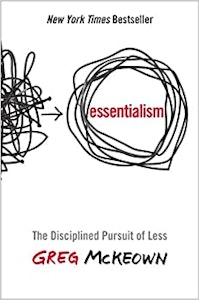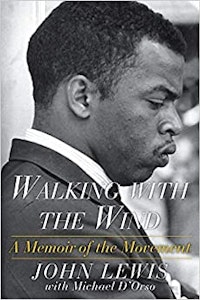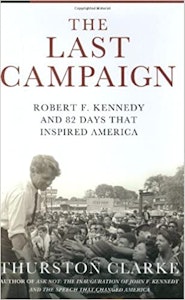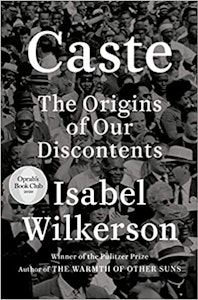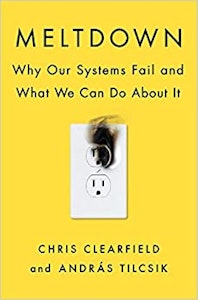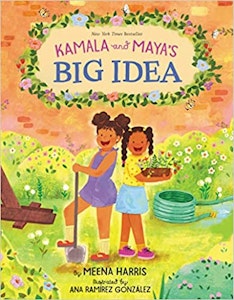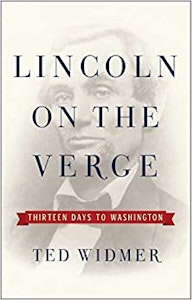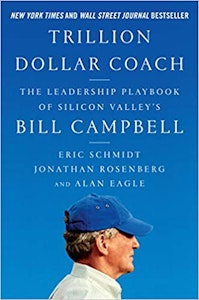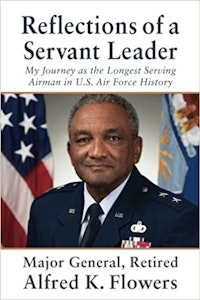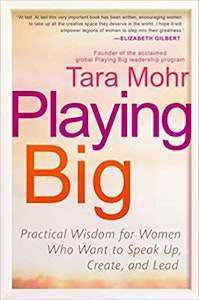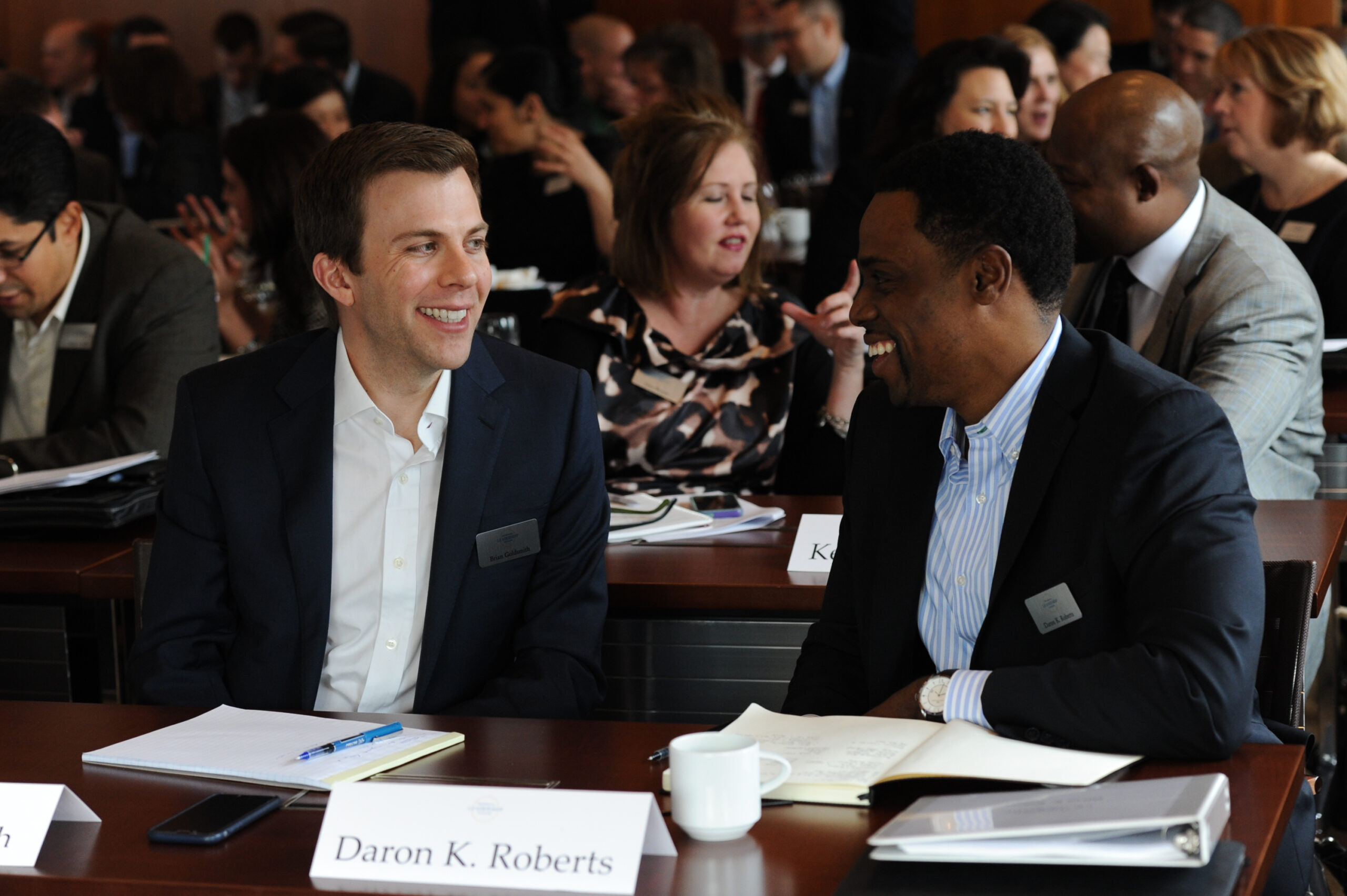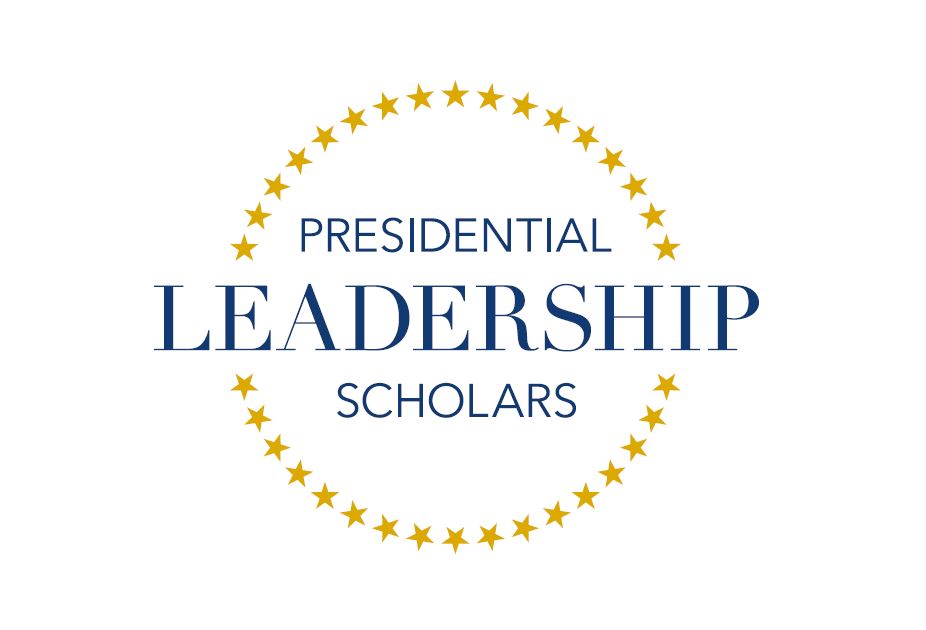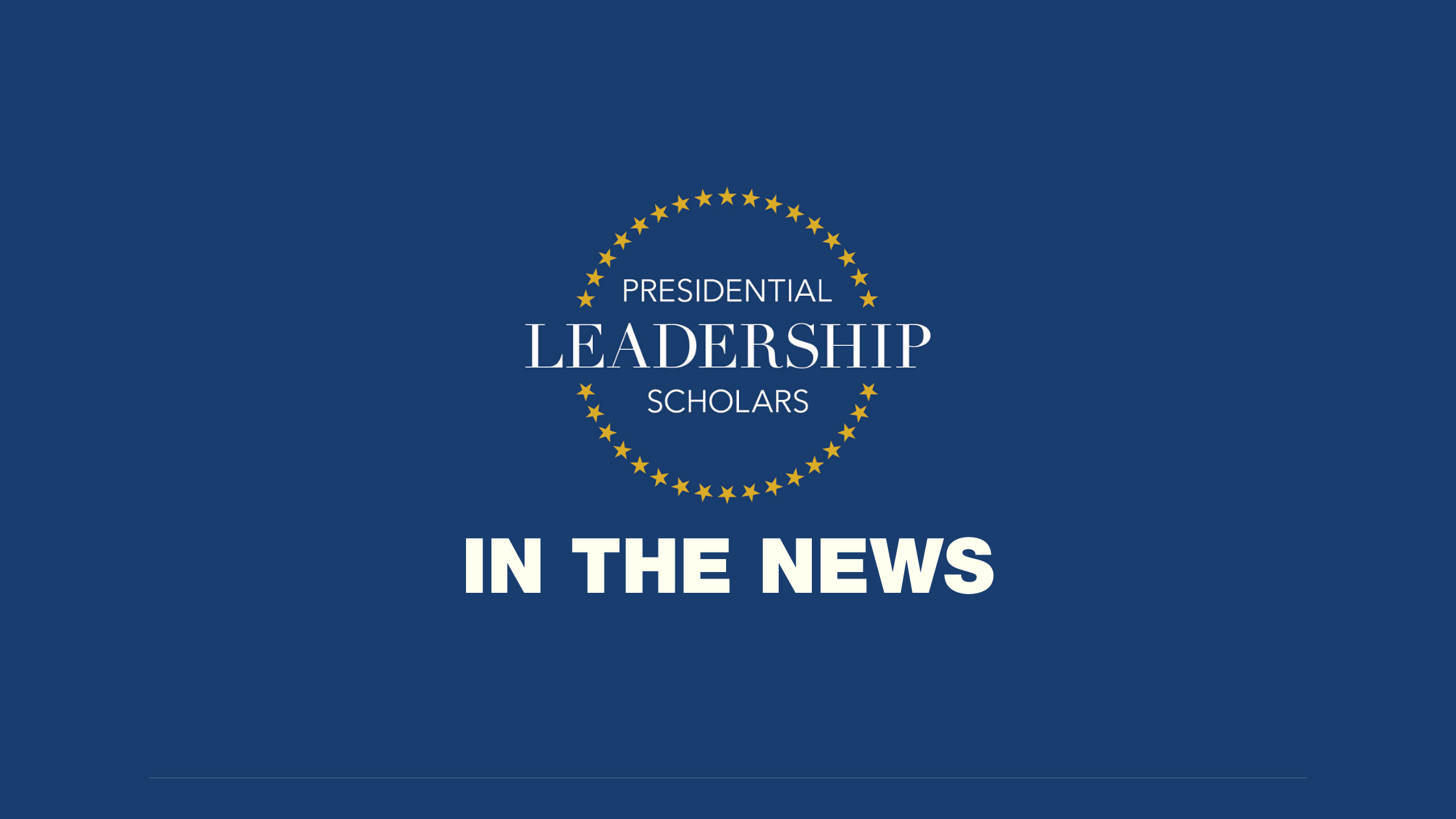The Presidential Leadership Scholars program serves as a catalyst for a
diverse network of leaders brought together to collaborate and make a
difference in the world. As we reflect on the drastic change this year brought
to all of our lives, we are proud to highlight some of the Scholars who
continued to pave the way and lead in these uncertain times. Their
accomplishments this year are a testament to their ability to affect lasting,
positive change.
Meet a few of the scholars who made a difference this year.
Daniel Anello, Class of 2015: Advocating for Chicago’s students and
their families
https://twitter.com/WGNRadioNews/status/1298678146972213253
As the CEO of Kids First Chicago, Daniel Anello is working to improve
public education on Chicago’s South and West Sides. Since 2015, he has supported
parent-led and data-informed change to create a new system of school options
for families and created better ways to measure progress for the students of
Chicago.
This year, Daniel has continued to raise awareness for students’ most
pressing needs during the COVID-19 pandemic through his work to close the digital
equity gap for families across the region. Many students were required to
participate in remote learning programs this year, and the need for expanded
internet access was critical. In June, Daniel and Kids First Chicago joined
partner organizations and the City of Chicago to launch Chicago Connected, a program
that provides no-cost, high-speed internet service to Chicago Public School students
in their households.
Lisa Atherton, Class of 2017: Combating the nationwide shortages of
Personal Protective Equipment
https://twitter.com/TXTSystems/status/1266006288493879296
At the helm of one of largest defense contractors in the country is
Presidential Leadership Scholar Lisa Atherton. As the president and CEO of
Textron Systems, she works to provide innovative solutions to the defense,
aerospace, and general aviation markets. Under Lisa’s leadership, Textron
Systems has been supporting COVID-19 response efforts across the country. To
combat the nationwide shortages of Personal Protective Equipment (PPE) and
cleaning supplies, the company has donated masks and other essential supplies
to frontline workers.
Since the beginning of the pandemic, Textron Systems employees have volunteered
to help the Johns Hopkins Health System make face shields, PPE packs, and more
for their hospitals across the United States.
Byron Sanders, Class of 2017: Closing the opportunity gap with
high-quality education programs
https://twitter.com/DCEOmagazine/status/1329446837657497606
Byron Sanders was inspired during PLS to leave his job in finance and devote
his time to helping close the opportunity gap for youth in communities
throughout Dallas, Texas. In his current role as president and CEO of Big
Thought, he works with partner organizations to equip children in marginalized
communities with the skills and tools they need through in-school, after-school,
and community-partnership experiences.
His work has been recognized across the state and the country. This
year, Byron was featured on the Dallas 500 – a list of the most influential
leaders and top executives in Dallas-Fort Worth.
Renée DiResta, Class of 2017: Raising awareness about the spread of
misinformation online
https://twitter.com/hereandnow/status/1337898274477416448
Renée DiResta is a leading expert on the effects of misinformation. She
works with policymakers to devise responses to the spread of harmful narratives
across social networks. Renée regularly writes and speaks about the role that
tech platforms and algorithms play in the spread of misinformation and
conspiracy theories.
This year, Renée has helped raise awareness about the harmful
narratives surrounding topics like the safety and effectiveness of the COVID-19
vaccine, and the 2020 presidential election.
Dr. Pritesh Ghandi, Class of 2018: On the frontlines of COVID-19
care and prevention
https://twitter.com/priteshgandhimd/status/1338278172136235008
On the frontlines of the country’s response to COVID-19 are our doctors
and essential workers. Dr. Pritesh Ghandi remained steadfast in his commitment
to care for the East Austin community. Throughout his career, he’s focused on community-based,
poverty-reduction initiatives, and social determinants of health – all areas
that were underscored by the impact of the pandemic.
The care and compassion that he displays as a doctor carried over in
his run for election to the U.S. House to represent Texas’ 10th Congressional
District.
Vivian Greentree, Class of 2019: Leadership with an eye towards inclusion
https://twitter.com/AtlantaNewsFeed/status/1230813422671060992
Vivian Greentree is a Navy veteran and the current senior vice
president and head of Global Corporate Citizenship at Fiserv, a financial
technology company. She leads the diversity and inclusion efforts at the
company, working closely its veterans, women, Black, Latino, and LGBTQ members.
When the COVID-19 threatened the security of small businesses, with a
disproportionate impact on minority- and black-owned businesses, Vivian and the
Fiserv team mobilized to provide grants to those at risk. She also ensured that
Fiserv’s employees felt supported by soliciting their feedback and encouraging
constant communication between associates.
Nona Jones, Class of 2016: Supporting faith leaders during a time of
great uncertainty
https://twitter.com/MarkKUpdegrove/status/1306640040467009536
As Facebook’s Head of Global Faith-Based Partnerships, Nona Jones helps
faith leaders around the world leverage technology to grow their communities
online. As many churches began virtual service because of enforced social distancing,
Nona helped to launch the Faith on Facebook Resource Hub, a toolkit for faith
leaders to connect with their communities during the pandemic.
This year, Nona began the “Faith and Prejudice” initiative, an effort
to confront and eliminate racism in churches and throughout their communities.
She organized this movement shortly after the killing of George Floyd to help
heal the racial divide in the country.
Russ Kavalhuna, Class of 2016: Sending Michigan’s essential workers
to college
https://twitter.com/PLSprogram/status/1336407704412319746
Thanks to the work of Russ Kavalhuna, Eastern Michigan University, and
Henry Ford College, many of Michigan’s essential workers who worked during the height
of the COVID-19 lockdown are eligible for a tuition-free path to a degree. The “Future
for Frontliners” program offers scholarships to essential workers without
an associate or bachelor’s degree to earn one at no cost. As the president of
Henry Ford College, Russ works closely with students and staff to build better
futures through strong academic and workforce training programs.
Roya Mahboob, Class of 2019: Empowering women to design solutions
for challenges posed by COVID-19
https://twitter.com/wallpapermag/status/1310521419147677696
Throughout her career, Roya Mahboob has worked to build digital
literacy for women and children in developing countries, and to bridge the gap
between education and job markets by offering practical skills for women,
increasing women’s technological literacy, and providing employment and
educational opportunities for girls and children.
This year, Roya organized a series of projects that brought together a
group of five girls from Afghanistan, aged 14 to 17, who designed and built emergency
ventilators.
Daron Roberts, Class of 2015: On the importance of activism and
empathy
https://twitter.com/CoachDKR/status/1324763620522250244
As a former NFL coach and founding director of the Center for Sports
Leadership and Innovation at the University of Texas at Austin, Daron Roberts
is a leading voice in sports and advocacy. He used his expertise this year to
raise awareness about the response to social injustice movements across sports
organizations, the effects of COVID-19 on the future of sports, and the
importance of activism. Daron’s book, A Kid’s Book About Empathy, is featured
on Oprah’s Favorite Things holiday list.
Kristin Judge, Class of 2017: Giving a voice to the victims of
cybercrime
https://twitter.com/kfjudge/status/1329981470450937856
Kristin Judge works to support consumers and small businesses affected
by cybercrime in her role at the Cybercrime Support Network. As the founder and
CEO, she works with federal, state, and local law enforcement, victim service
organizations, and the private sector to create a national referral source for these
victims. As a leading voice in the space, Kristin’s insights on the rise of
cybercrime this year were shared at an event hosted by the World Economic
Forum.
Marta Michelle Colon, Class of 2017: Combating the opioid epidemic
https://twitter.com/PeopleChica/status/1329112255611473921
Marta Michelle Colon’s nonprofit, Be Gutsy, is a program designed to educate the Latinx community about the dangers of misusing opioids. Her team establishes tools to mitigate opioid misuse through local partnerships, mentorship opportunities, and healthcare programs. Marta was selected as a 2020 L’Oréal Women of Worth, an award honoring women who are leading non-profit organizations that are making a difference in their communities.
Sam Newman, Class of 2018: Increasing access to fresh food
https://twitter.com/LRBGrocery/status/1300077724200038402
Sam Newman and the Little Red Box Grocery team are providing access to
affordable fresh food and pantry items for all residents of Galveston, TX. The
store opened this year and offers shoppers the opportunity to order groceries
online and pick them up curbside – an important feature that so many have
relied on during the pandemic. Sam’s goal is to eradicate food deserts and
increase access to fresh, healthy foods.
